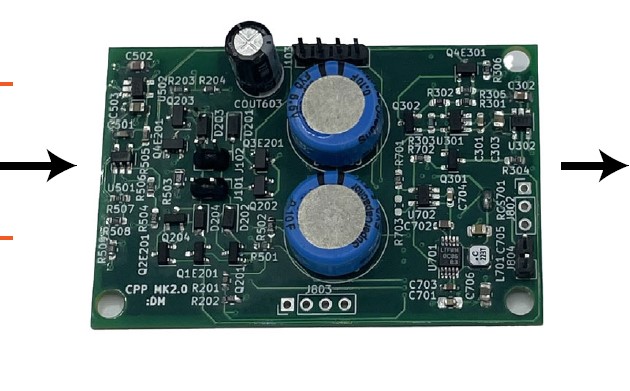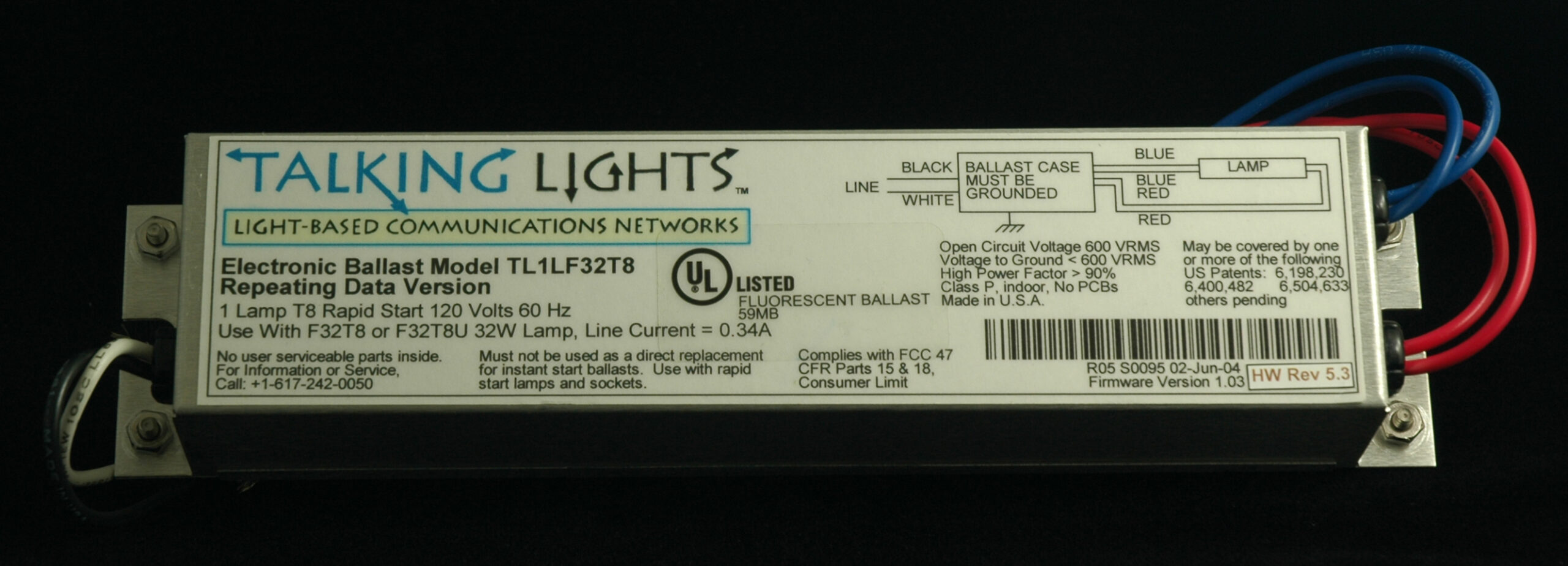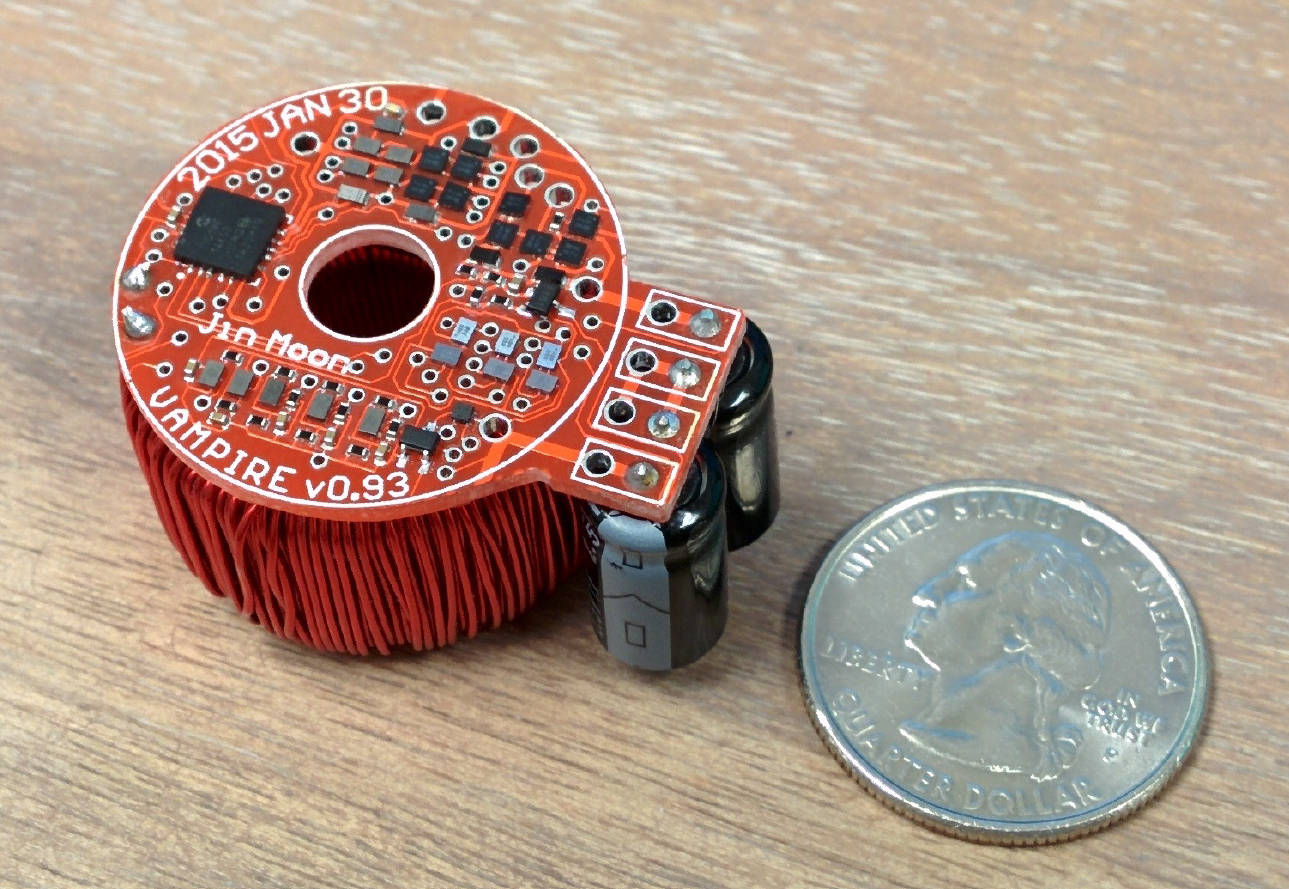If you are a builder, there has never been a better time to be alive. We live in an age of wonders, when a designer in almost any engineering field can find a dizzying assortment of tools, materials, components, and construction technologies. Today’s palette for building offers the richest array of choices. The opportunities to learn more, dream more, build more, and be more will continue to grow and challenge you throughout your career with unprecedented intensity.
We are fortunate to live in a time when abundance of resources permits the luxury of introspection. Use this time wisely. Who will you chose to be?
The photographer Ansel Adams wrote:
“The greatest satisfaction derives from the realization of your individual potential, perceiving something in your own way and expressing it through adequate understanding of your tools. Take advantage of everything; be dominated by nothing except your own convictions. Do not lose sight of the essential importance of craft.”
Research sponsors for the Electromechanical Systems Group include federal, private, and industrial funding in approximately equal measure. Challenges and resources from these agencies create many of the opportunities for engineers in the Electromechanical Systems Group to learn, build, inform, and provide service to others with solutions: beautiful solutions that combine physics and mechanical modeling and circuit design and materials science to create artful answers to difficult problems. Some examples of work in the group are highlighted below.
Improved Transient Response Control Strategy and Design Considerations for Switched-Capacitor (SC) Energy Buffer Architectures
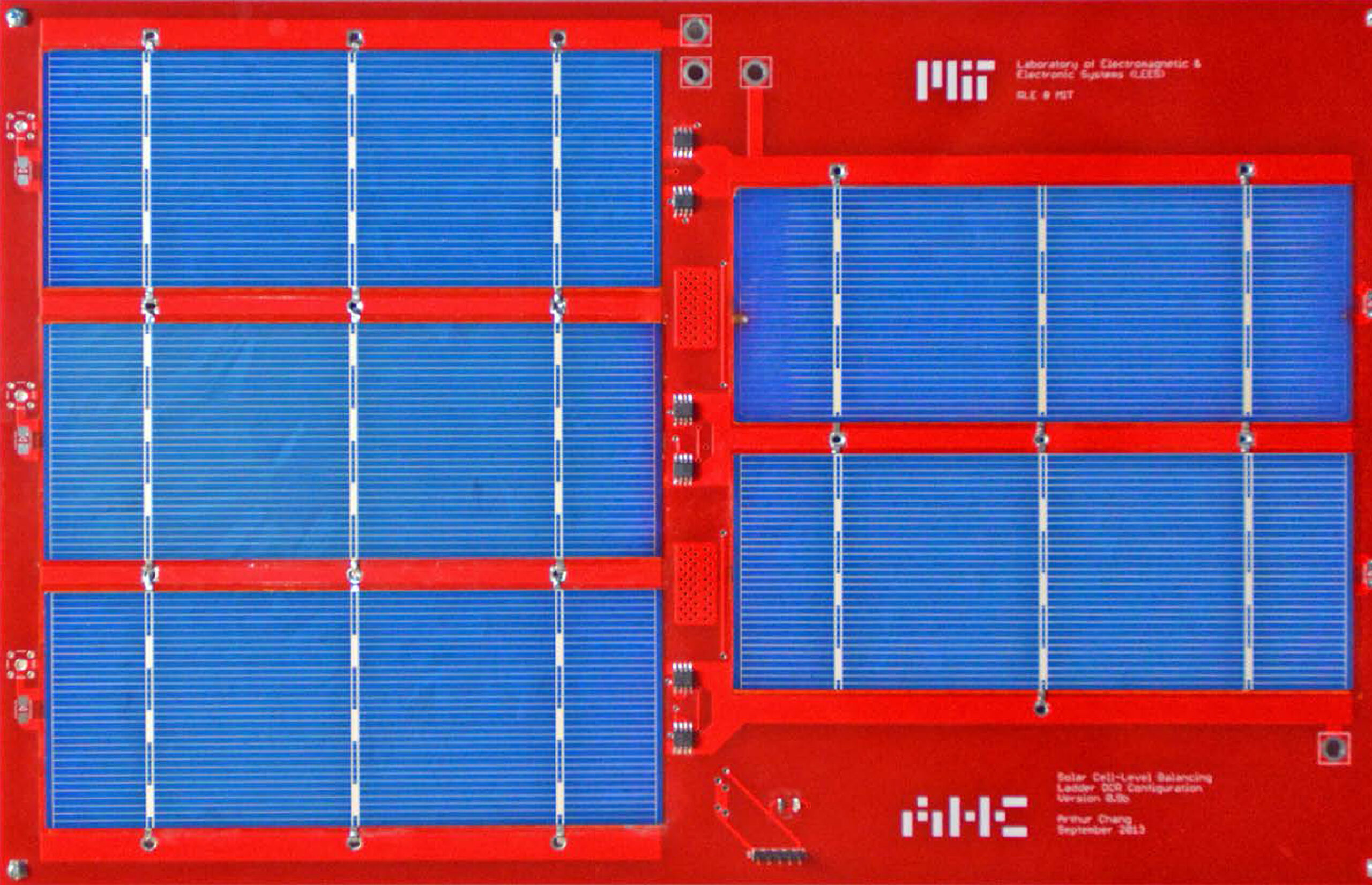
Capacitor-less Photovoltaic (PV) Cell-Level Power Balancing using Diffusion Charge Redistribution

Non-Intrusive Fault Detection in Reciprocating Compressors

A Retrofit Capacitive Sensing and Occupancy Detection System Using Fluorescent Lamps
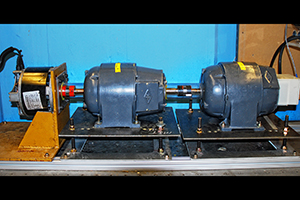
Control Architecture for a Switched Doubly-fed Machine Propulsion Drive

Accounting for Every Kilowatt

The Escort System: A Safety Monitor for People Living with Alzheimer’s Disease

Build to Win: Electric Machines
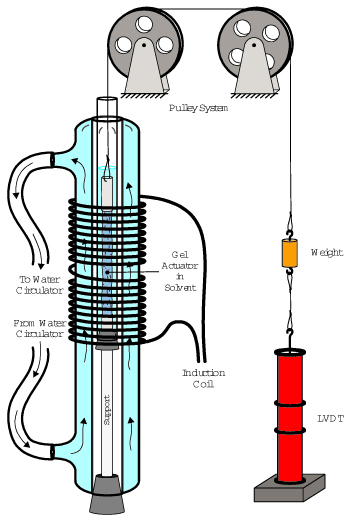
Power Electronic Drives for Magnetically Triggered Gels
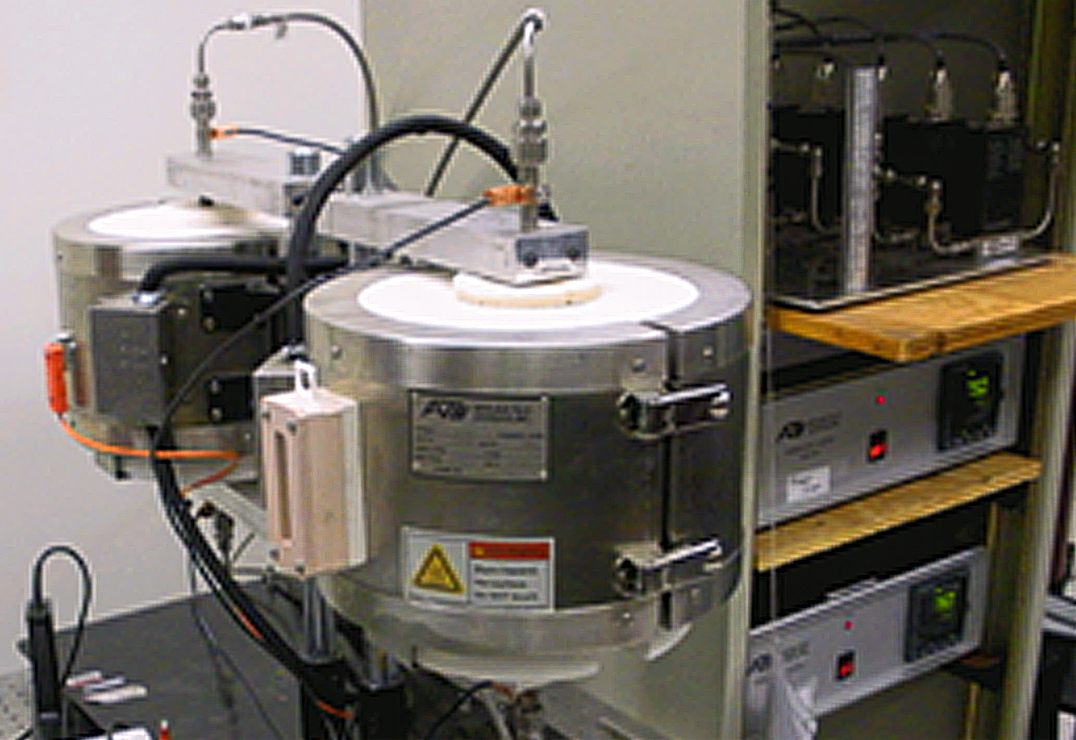
Characterization of a 5 kW Solid Oxide Fuel Cell Stack Using Power Electronic Excitation
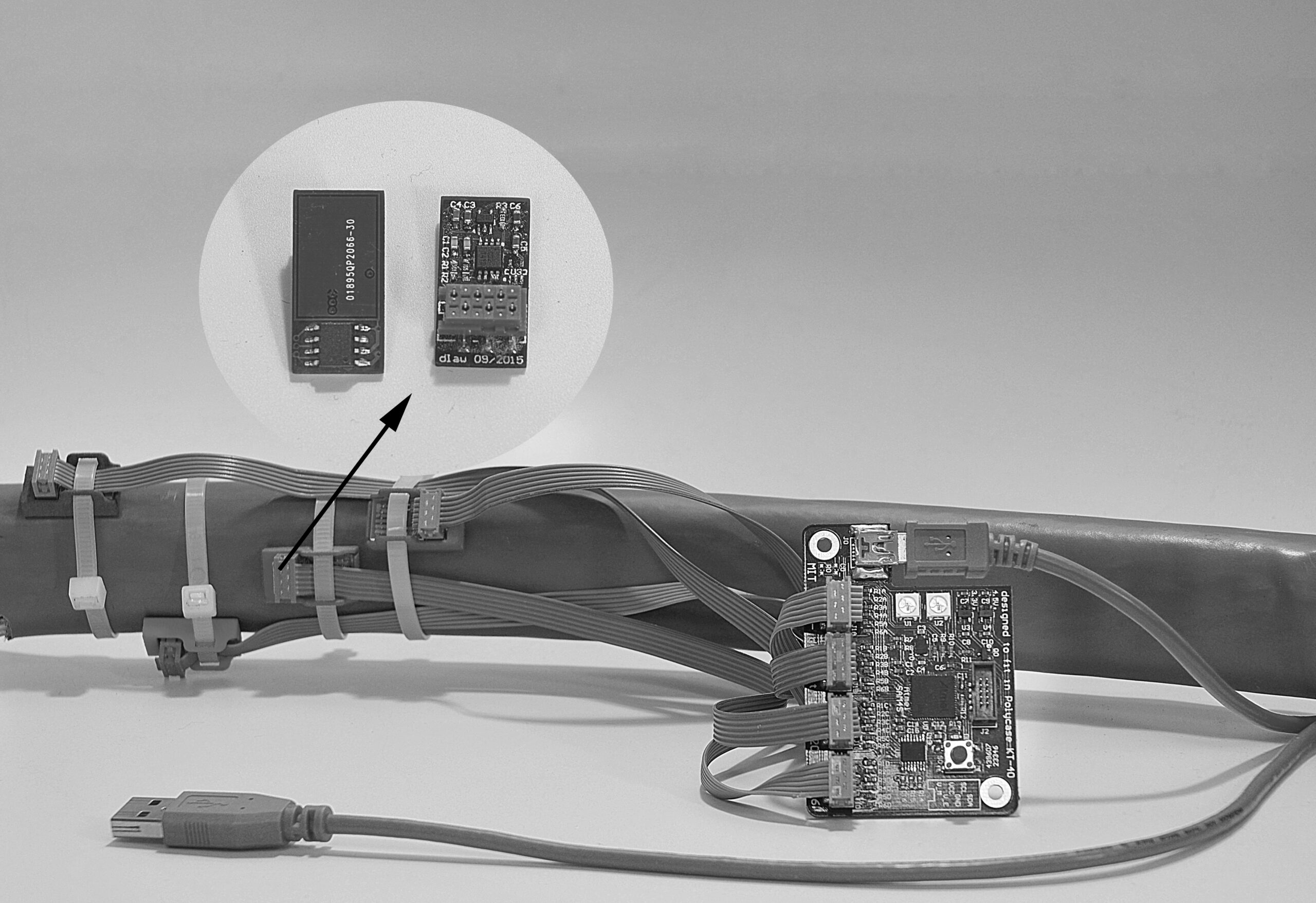
Current and Voltage Reconstruction from Non-Contact Field Measurements
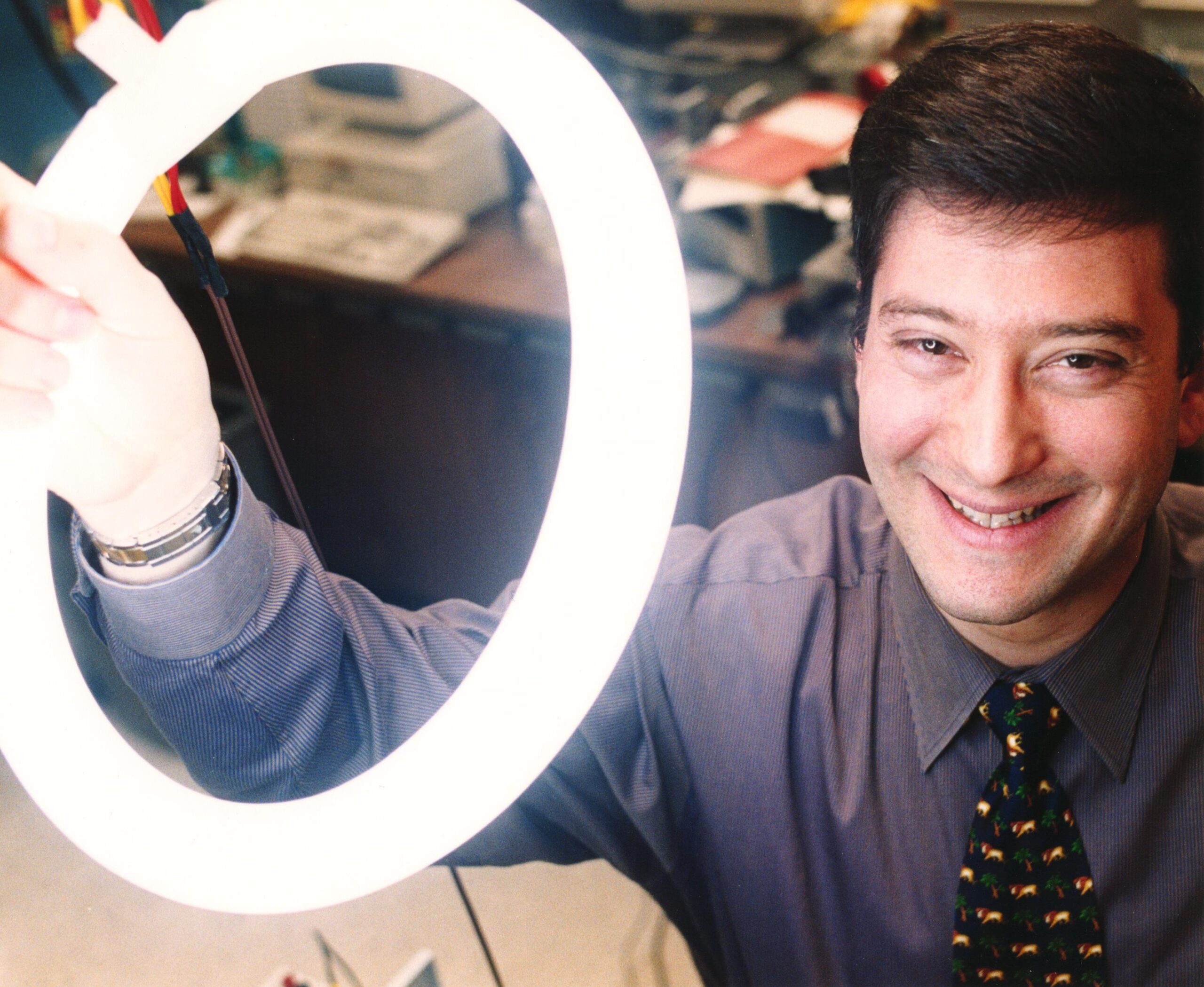
Talking Lights Patent

Non-Resonant and Resonant Frequency Selectable Induction Heating Targets

Single-Sided AC Magnetic Fields for Induction Heating

Automatic Power Frequency Rejection Instrumentation for Nonintrusive Frequency Signature Tracking

Constant Power Load Modeling for a Programmable Impedance Control Strategy

The Detection of Liquid Slugging Phenomena in Reciprocating Compressors via Power Measurements

Adaptive Zonal Protection for Ring Microgrids

A Systems Approach to Photovoltaic Energy Extraction
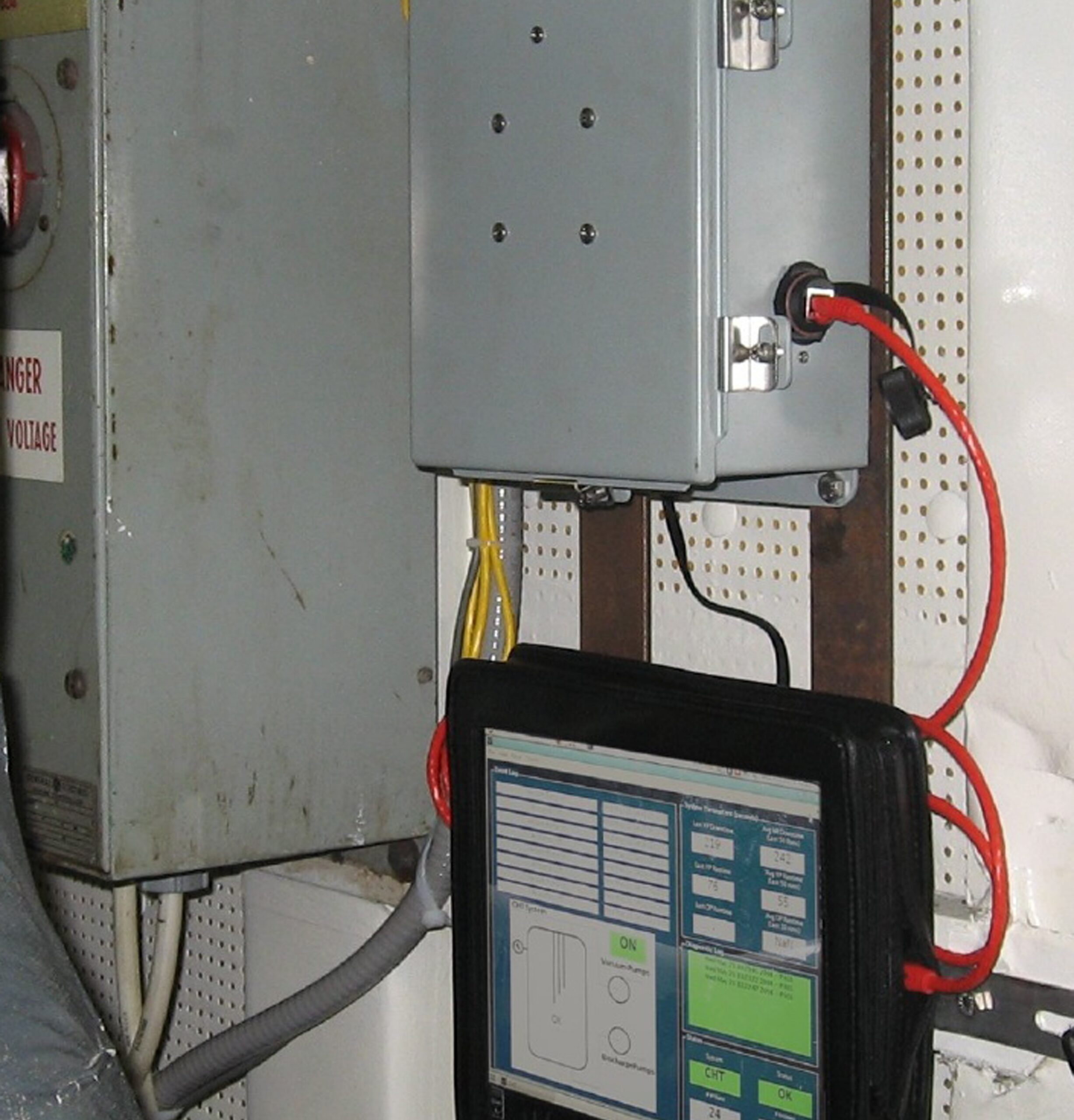
Scalability of Non-Intrusive Load Monitoring for Shipboard Applications
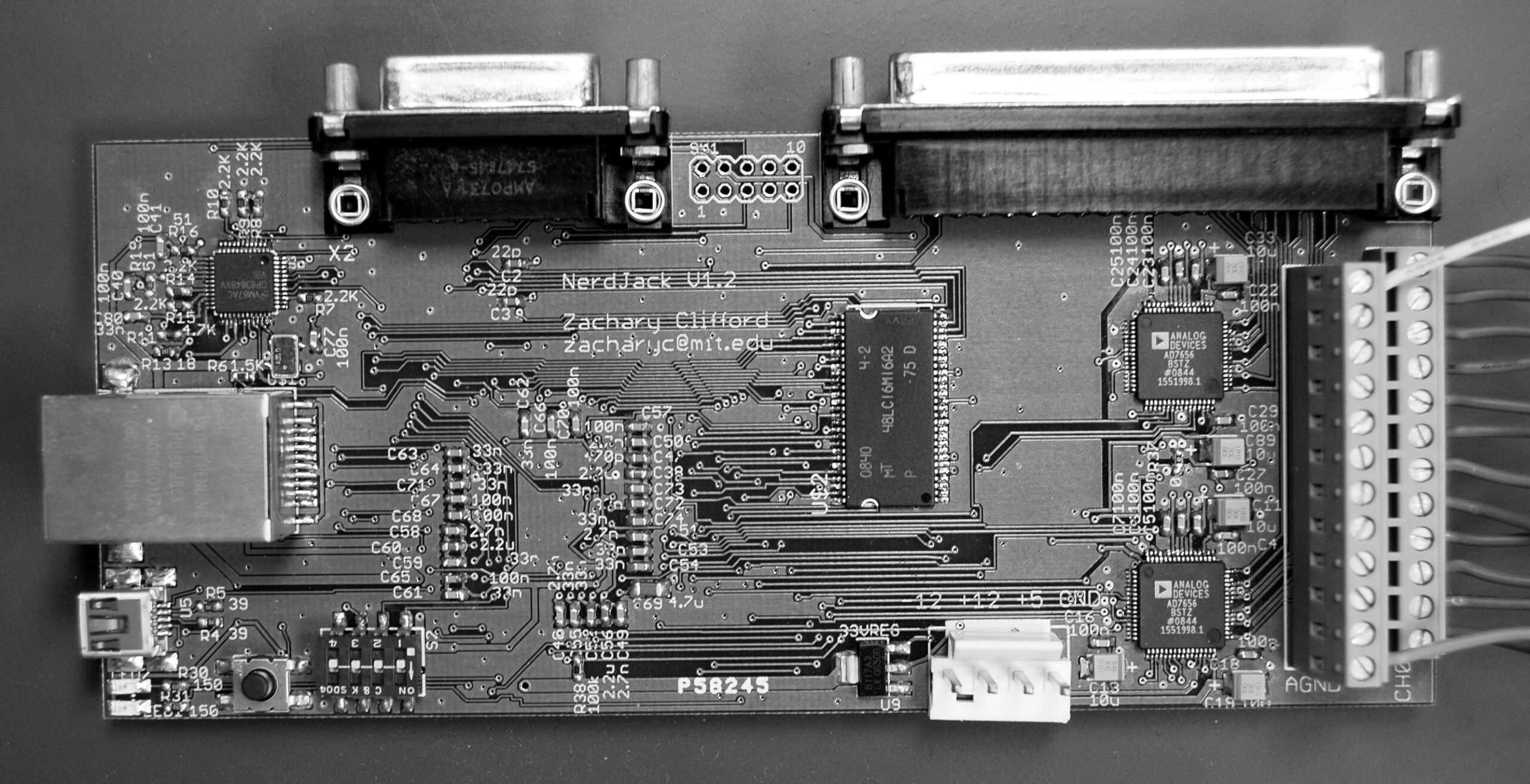
NilmDB: The Non-Intrusive Load Monitor Database
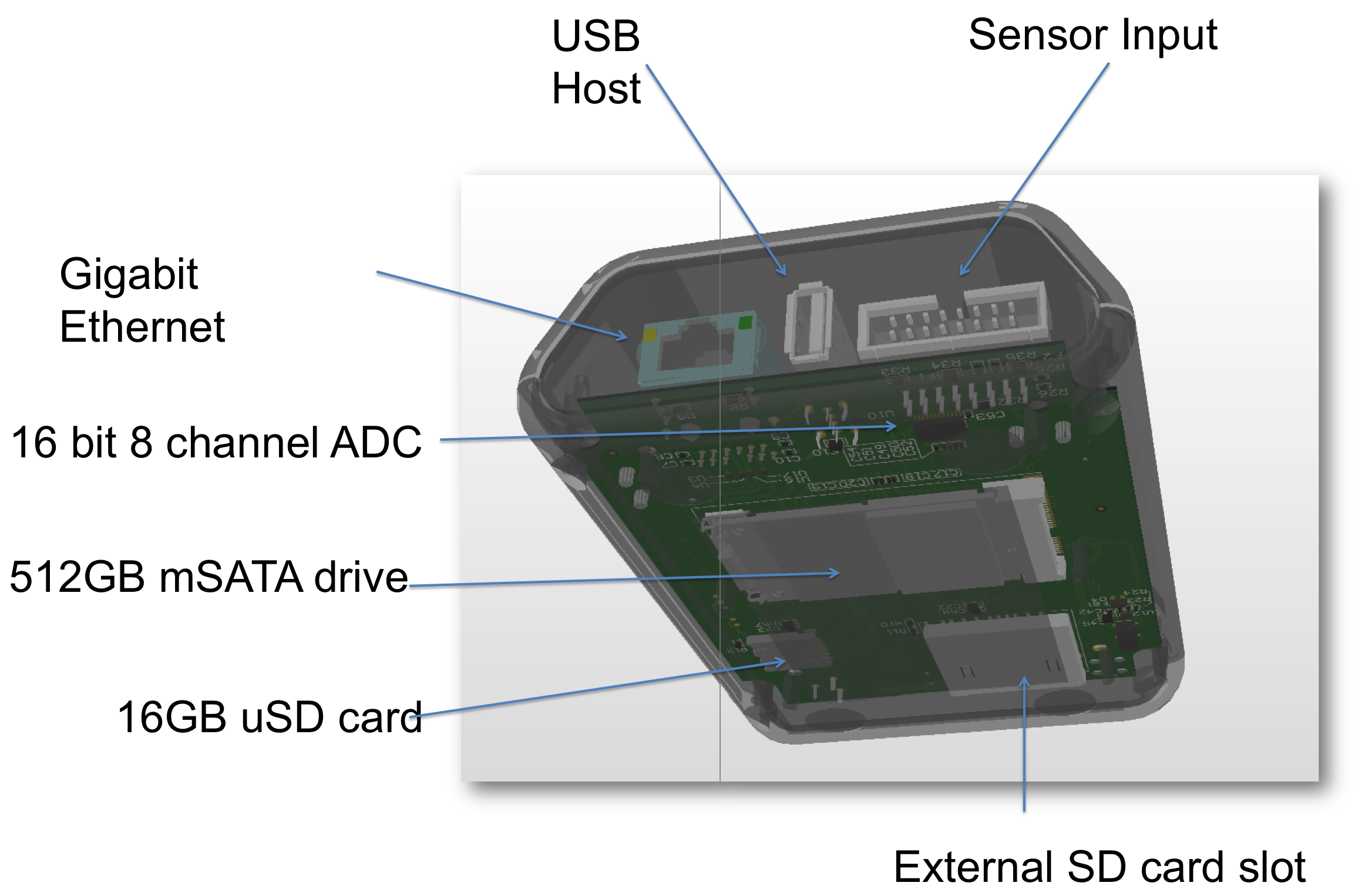
Energy Applications for an Energy Box

Improved Transient Response Control Strategy and Design Considerations for Switched-Capacitor (SC) Energy Buffer Architectures
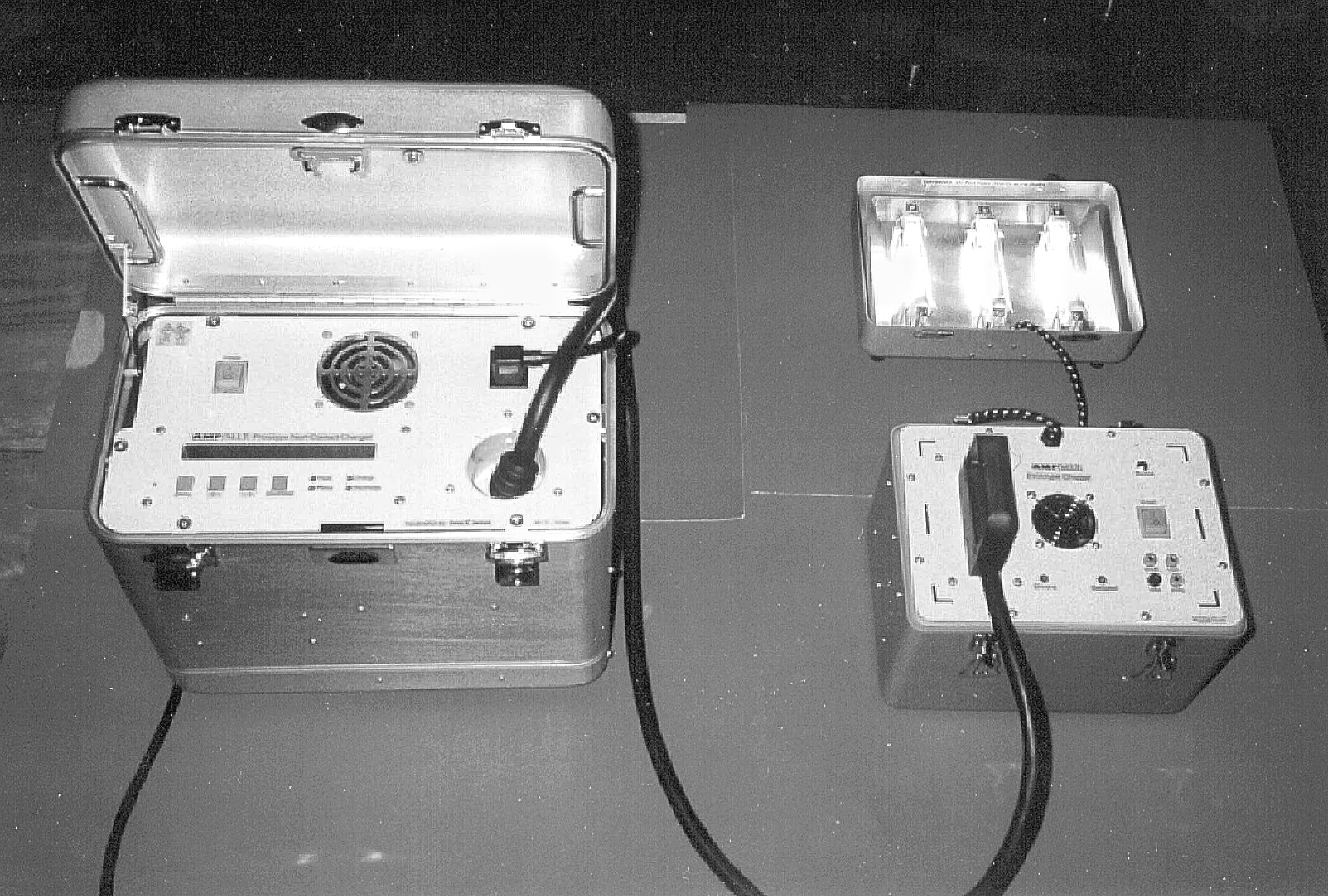
Inductively-Coupled Power Transfer for Electromechanical Systems
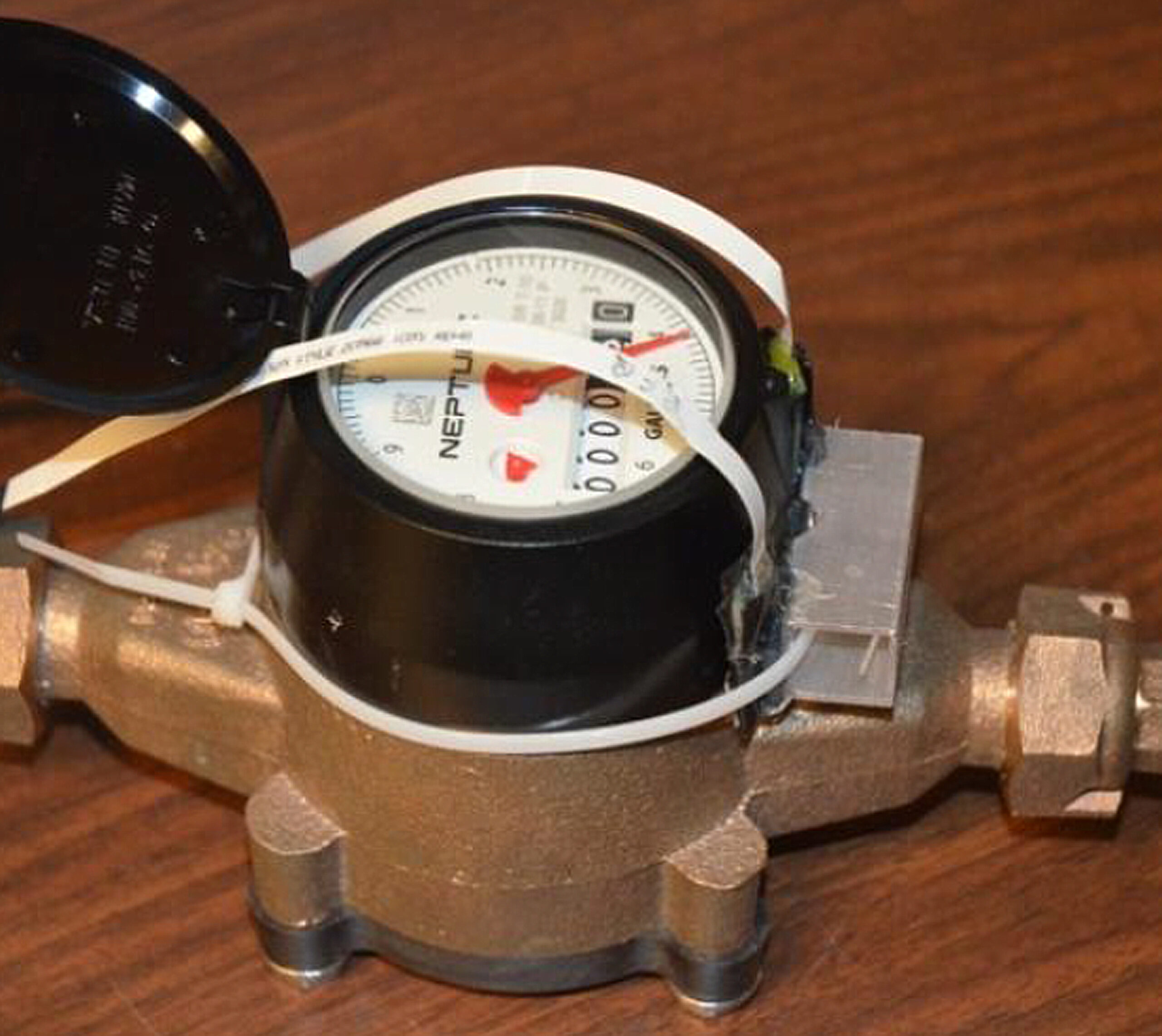
WaterWOLF: Water Watch on Load Flow
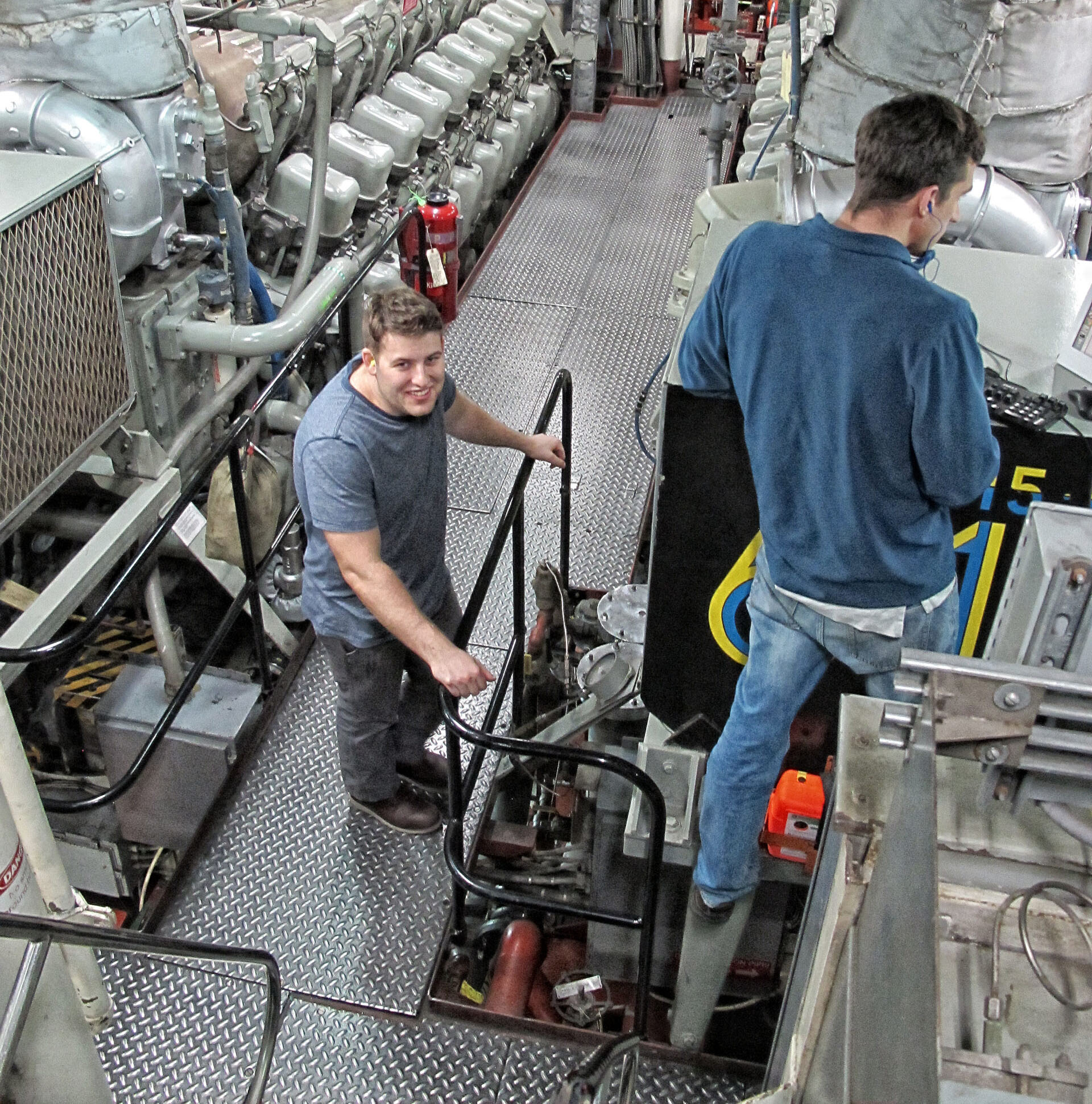
Shipboard Automatic Watchstander
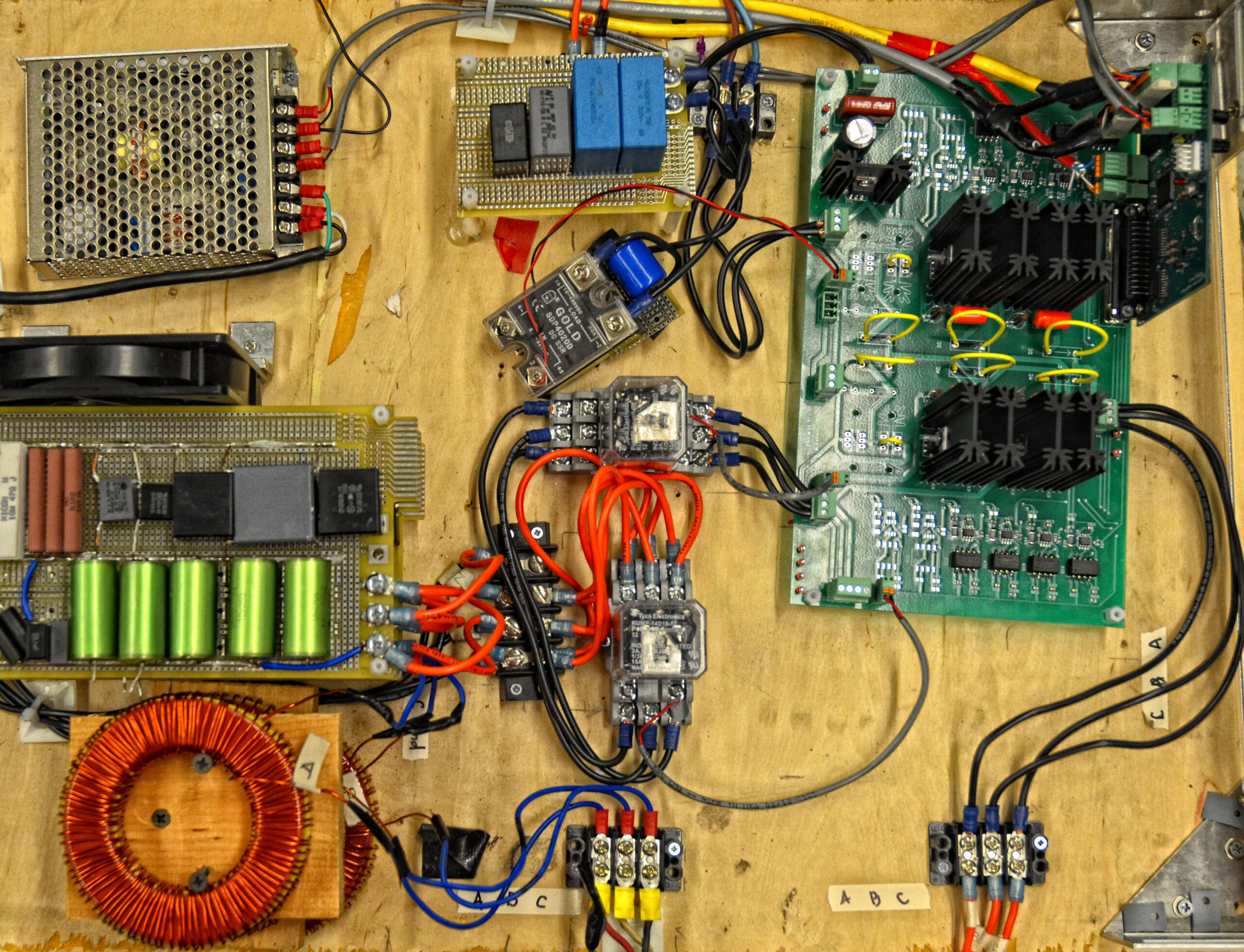
Solid State Transfer Switch Topologies for a Switched Doubly-Fed Machine Drive

A Sensor Topology for Noncontact AC Voltage Measurement of Polyphase Cables

Stretched Sensing Strategies for IEPE

Distributed Load Control Using Reliable Low-Data-Rate Power Line Communication

Know the Flow: Non-Contact Magnetic Flow Rate Sensing for Water Meters

Rule the Joule: An Energy Management Design Guide for Self-Powered Sensors
